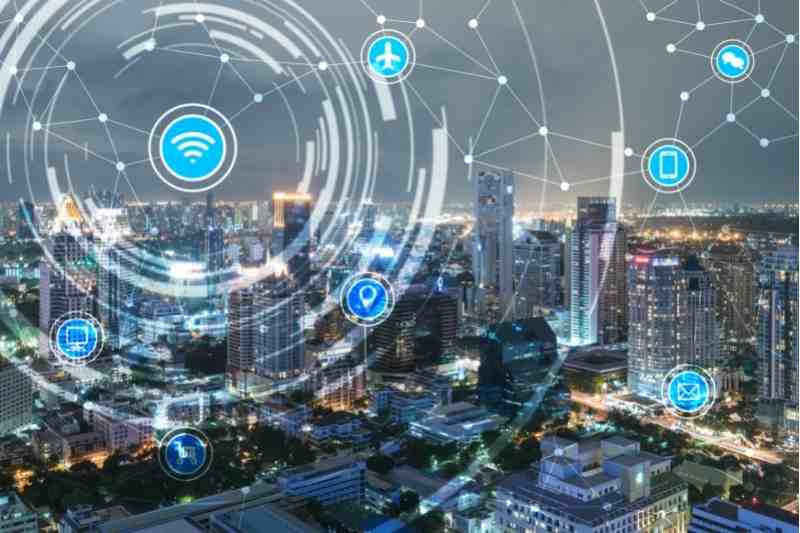Shaping the Future of Real Estate Investments and Transactions
Technology constantly changes the real estate industry and how investments and transactions occur. New disruptive Real Estate Growing Trends New York are expected to emerge in 2023 and completely transform the sector. This essay explores these patterns to see how they alter how real estate is acquired, offered for sale, and managed.
Smart Contracts and Blockchain: Transforming Transactions
The real estate industry is being transformed by blockchain technology and smart contracts. Blockchain’s transparency and immutability allow for safe and tamper-proof property transfers. Smart contracts streamline the buying and selling process while eliminating the need for middlemen by automating procedures like escrow and verification.
Data-Driven Insights on Artificial Intelligence (AI) and Predictive Analytics
AI and predictive analytics are pushing data-driven decision-making in the real estate industry. These systems analyze enormous amounts of data to offer insights into market trends, property valuations, and investment opportunities. Chatbots that AI powers improve customer service by rapidly responding to questions and helping potential buyers with their real estate search.
Experiences in Virtual and Augmented Reality (VR/AR)
Real estate tours and visualization are changing due to virtual and augmented reality technologies. Now that prospective buyers may tour properties virtually from the comfort of their homes, they can save time and effort. Augmented reality (AR) applications offer real-time details about houses, neighborhood amenities, and nearby schools, improving the purchasing process.
End-to-End Solutions for Proptech Platforms
Proptech platforms are comprehensive tools that address many facets of real estate administration and transactions. These platforms expedite procedures and improve transparency for all parties involved, from property search and finance to document management and tenant contact.
Real Estate Tokenization: Fractional Ownership
Tokenization enables fractional ownership by dividing real estate assets into digital tokens. As a result, a wider group of investors can now have access to real estate investment opportunities. This development can transform conventional finance strategies and open up new investment opportunities in real estate.
Integration of Green Technology: Sustainable Buildings
The real estate sector is increasingly concerned about sustainability. Modern homes are increasingly coming standard with green amenities like solar panels, energy-efficient appliances, and smart home technology. These innovations lessen their negative effects on the environment, raise home values, and draw eco-aware buyers.
Big Data Market Analysis: Making Knowledge-Based Decisions
Big data analytics helps use the wealth of data the digital era has made available. Real estate experts use these insights to spot new market trends, comprehend customer preferences, and decide on investments wisely. Risks are reduced, and rewards are increased with this data-driven strategy.
Measures for Cybersecurity: Defending Transactions
Security risks change along with technology. Cybersecurity is crucial because real estate transactions contain sensitive financial and personal data. Thanks to advanced encryption techniques, secure transaction portals, and multi-factor authentication, transactions are kept safe from cyber threats.
The Human-Technology Partnership
Human expertise is still extremely significant in the real estate sector, despite the development of technology. Real estate experts and technology work harmoniously to produce a potent combination. Automation and data analysis are aided by technology, but human workers provide tailored client contacts and a deep understanding of market dynamics.
As a result,
New opportunities for real estate transactions, investments, and management are being provided by the industry-reshaping Disruptive Real Estate Technology Trends in 2023. These trends improve efficiency, transparency, and consumer experiences. They range from blockchain-driven safe transactions to data insights powered by AI and virtual property tours. The future of real estate appears to be more connected, data-driven, and accessible than ever before as the sector embraces new advancements.

